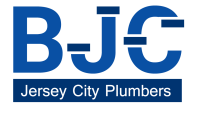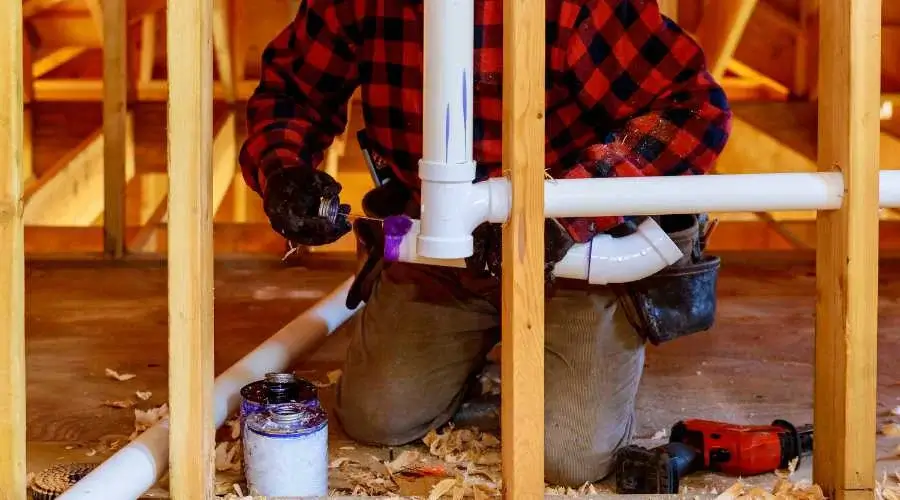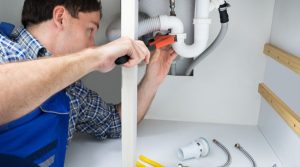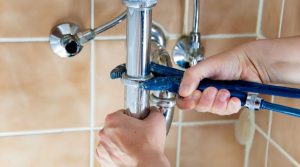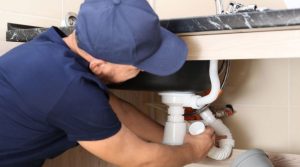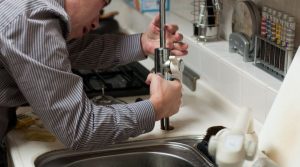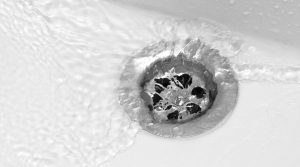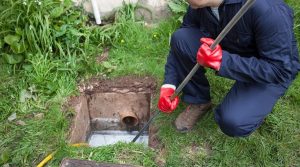A well-functioning plumbing system is the backbone of a comfortable and efficient home. Regular upkeep and a few calculated improvements can save water, cut energy costs, and reduce your environmental footprint. Here are essential tips for boosting plumbing efficiency and making your home eco-friendly.
Key Takeaway
- Maximize plumbing efficiency by promptly fixing leaks, installing low-flow fixtures, insulating pipes, and maintaining your water heater.
- These steps save water, reduce energy consumption, and lower utility bills, creating a sustainable home environment.
1. Fix Leaks Promptly
Why It Matters
Leaks are more than an inconvenience—they can waste hundreds of gallons of water monthly, inflate utility bills, and even cause structural damage.
What to Do
- Inspect faucets, showerheads, and pipes for visible drips or damp areas.
- Check under sinks and behind appliances for hidden leaks.
- Listen for the sound of running water when fixtures aren’t in use, a sign of concealed issues.
Pro Tip
Contact a professional plumber like BJC Plumbers Jersey City to address leaks swiftly and effectively. Minor repairs today can prevent costly damage tomorrow.
2. Install Low-Flow Fixtures
Why It Matters
Low-flow fixtures use less water without compromising functionality. helping households save thousands of gallons annually.
What to Do
- Upgrade to low-flow showerheads, faucets, and toilets.
- Look for EPA WaterSense-labeled products for guaranteed efficiency.
- Test water pressure to ensure these fixtures perform optimally.
Pro Tip
BJC Plumbers Jersey City offers expert installation services, ensuring your low-flow fixtures are fitted correctly and deliver maximum savings.
3. Insulate Your Pipes
Why It Matters
Uninsulated pipes lead to heat loss in hot water lines and condensation in cold water pipes, resulting in energy waste and potential water damage.
What to Do
- Insulate accessible pipes with foam tubing or fiberglass sleeves.
- Focus on areas prone to freezing in winter, such as basements and crawl spaces.
- Inspect insulation periodically for wear and replace as needed.
Pro Tip
Professional pipe insulation from BJC Plumbers Jersey City ensures optimal energy efficiency and reduces the risk of burst pipes during colder months.
4. Maintain Your Water Heater
Why It Matters
A well-maintained water heater operates more efficiently, reducing energy costs and prolonging the appliance’s lifespan.
What to Do
- To get rid of sediment accumulation, flush the tank once a year.
- Check and adjust the thermostat to 120°F for optimal energy savings.
- Inspect the anode rod for corrosion and replace it if necessary.
Pro Tip
BJC Plumbers Jersey City provides comprehensive water heater maintenance services, ensuring reliable hot water and reduced energy consumption.
FAQ: Boosting Plumbing Efficiency
Q: How often should I check for leaks in my home?
A: Inspect for leaks at least once a month or whenever you notice a spike in your water bill.
Q: Are low-flow fixtures expensive to install?
A: While initial costs vary, low-flow fixtures are affordable and offer significant long-term savings on water bills.
Q: How can I tell if my pipes need insulation?
A: Look for condensation on cold pipes or inconsistent water temperatures from hot water pipes.
Q: What are the signs of a failing water heater?
A: Signs include inconsistent water temperature, reduced water pressure, rust-colored water, or unusual noises from the tank.
Q: Can I install low-flow fixtures myself?
A: Many fixtures are DIY-friendly, but professional installation ensures proper functionality and prevents potential issues.
Q: What is the lifespan of an insulated pipe?
A: With proper care, pipe insulation can last 10–20 years. Regular inspections help maintain its effectiveness.
Q: How much water can a leaky faucet waste in a year?
A: A faucet dripping once per second can waste over 3,000 gallons annually.
Q: Why is my water heater not delivering hot water quickly?
A: This could result from sediment buildup, insufficient insulation, or a thermostat issue. A professional inspection is recommended.
Q: Can I improve plumbing efficiency in an older home?
A: Yes! Upgrading fixtures, insulating pipes, and maintaining your water heater are effective ways to enhance efficiency in older properties.
Q: What’s the environmental impact of inefficient plumbing?
A: Inefficient plumbing contributes to water waste, higher energy use, and increased carbon emissions, impacting resources and the environment.
You may benefit from a more eco-friendly and effective plumbing system by following these steps and seeking expert guidance when needed. Contact BJC Plumbers Jersey City for professional assistance and create a sustainable home today!
